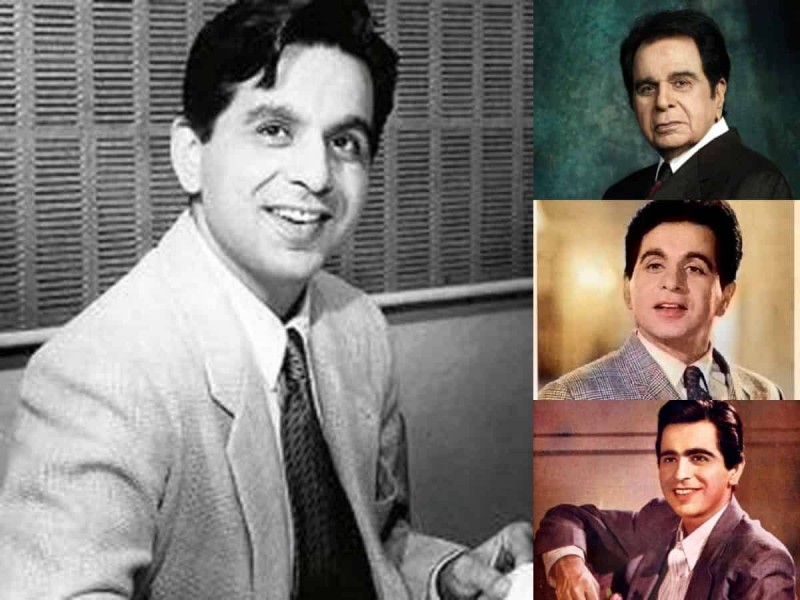
Dilip Kumar, one of the greatest performers in Indian film history, is affectionately known as the "Tragedy King" for his outstanding screen interpretations of sad and emotionally complex characters. Dilip Kumar established himself as the maestro of tragic parts in Bollywood thanks to his flawless acting abilities, intensely emotional performances, and capacity to convey true tragedy.
Dilip Kumar made his acting debut in the 1944 movie "Jwar Bhata" under the name Yusuf Khan. He was born on December 11, 1922, in Peshawar, British India (now Pakistan). He quickly attracted attention for his innate acting ability and commanding screen presence. Dilip Kumar stood out from his contemporaries because of his capacity to emotionally connect with his audience.
He played a variety of roles, including romantic leads and characters in high-octane situations, demonstrating his flexibility, but it was his portrayals of tragic heroes that truly cemented his reputation as the "Tragedy King."
Tragic characters played by Dilip Kumar were notable for their authenticity, complexity, and depth of emotion. He possessed a special talent for expressing a variety of emotions through subtle expressions and sophisticated performances. His characters frequently experienced intense emotional upheaval, internal problems, and terrible circumstances, which caused the audience to identify with and feel compassion for them.
Dilip Kumar attracted praise from critics and admiration from moviegoers for his ability to portray heartbreaking emotions in movies like "Andaz" (1949), "Deedar" (1951), and "Devdas" (1955).
Devdas in "Devdas," Shankar in "Daag" (1952), and Birju in "Gunga Jumna" (1961) are a few of Dilip Kumar's most enduring and iconic tragic portrayals. His unmatched talent and profound understanding of human emotions were on full display in each of these characters.
In the timeless classic "Devdas," directed by Bimal Roy, Dilip Kumar's portrayal of the heartbroken and destructive Devdas created a lasting impression on Bollywood and is now hailed as one of the greatest performances in Indian cinema.
In the Nitin Bose-directed film "Gunga Jumna," Dilip Kumar portrayed the sympathetic and troubled dacoit Birju, who was divided between the road of crime and justice. He received praise for his moving portrayal of Birju, which strengthened his position as the Tragedy King.
Generations of actors have been motivated by Dilip Kumar's legacy as the Tragedy King, which has had a profound effect on Indian film. Many performers who wanted to mimic his emotional heft and profound grasp of characters can be shown to have been influenced by him in their work.
While Dilip Kumar's tragic roles moved millions of people, his range went beyond melancholy parts. Throughout his distinguished career, he demonstrated his talent in a variety of genres and won numerous accolades, including the Padma Bhushan and the Dadasaheb Phalke Award.
Dilip Kumar, known as the "Tragedy King" of Indian cinema, will always be regarded as a great performer who infused his roles with genuine feeling and authenticity. Even now, audiences still find great value in his performances and his capacity to capture the complexity of human emotions. The continuing legacy of this renowned actor, whose craft and talent made an indelible stamp on the canvas of Indian cinema, is brought home to fans and movie buffs as they watch his timeless classics.
list of some Bollywood Comedy Movies in the Swinging 60s